Search
Search Results
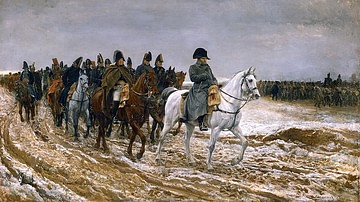
Definition
War of the Sixth Coalition
The War of the Sixth Coalition (1813-1814), known in Germany as the Wars of Liberation, was the penultimate conflict of the Napoleonic Wars (1803-1815). The Sixth Coalition, which included Russia, Austria, Prussia, the United Kingdom, Sweden...
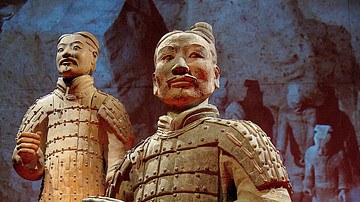
Definition
The Art of War
The Art of War (Sunzi bingfa) is a 5th-century BCE military treatise written by the Chinese strategist Sun-Tzu (aka Sunzi or Sun Wu). Covering all aspects of warfare, it seeks to advise commanders on how to prepare, mobilise, attack, defend...
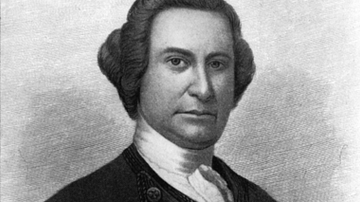
Definition
Sir William Johnson
Sir William Johnson, 1st Baronet (l. c.1715-1774) was a British military officer, diplomat, and Superintendent of Indian Affairs. He was instrumental in aligning the Native Americans of New York with the British during the French and Indian...
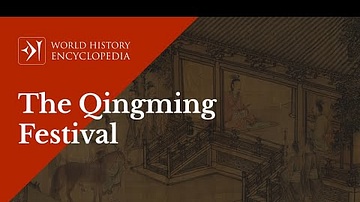
Video
The Qingming Festival: Chinese Tomb Sweeping Day
The Qingming Festival is held one hundred and four days after the winter solstice, and is known as the ‘pure bright festival’, ‘tomb-sweeping day’ and ‘ancestors day’. For over 2,500 years, this festival has been a day for Chinese people...

Definition
Samhain
Samhain (pronounced “SOW-in” or “SAH-win”), was a festival celebrated by the ancient Celts halfway between the autumn equinox and the winter solstice. It began at dusk around October 31st and likely lasted three days. Samhain marked the transition...
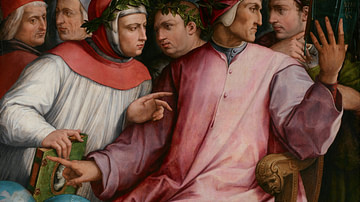
Image
Six Tuscan Poets by Vasari
The 1544 CE painting by Giorgio Vasari (1511-1574 CE) known as the 'Portrait of Six Tuscan Poets'. The poets are (left to right): Cino da Pistoia, Giuttone d'Arezzo, Petrarch, Giovanni Boccaccio, Dante Alighieri and Guido Cavalcanti. (Minneapolis...
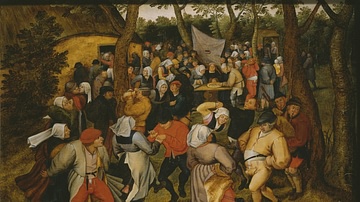
Article
Holidays in the Elizabethan Era
During the Elizabethan Era (1558-1603 CE), people of all classes greatly looked forward to the many holidays and festivals on offer throughout the year. The vast majority of public holidays were also religious commemorations, and attendance...
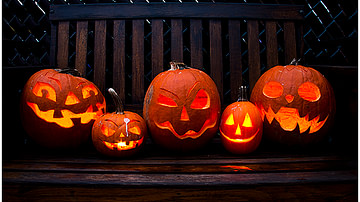
Article
History of Halloween
Halloween is among the oldest traditions in the world as it touches on an essential element of the human condition: the relationship between the living and the dead. The observance evolved from ancient rituals marking the transition from...
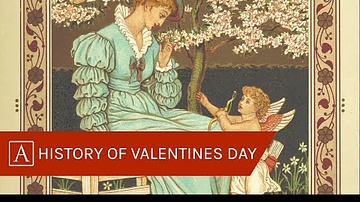
Video
The History of Valentines Day: From the Lupercalia to Cupid
Before chocolates, roses and letters from your valentine were given on Valentines Day, there was the Ancient Roman Festival of the Lupercalia in honour of both the agricultural god Luperca and the she-wolf who sucked Romulus and Remus, Lupus...
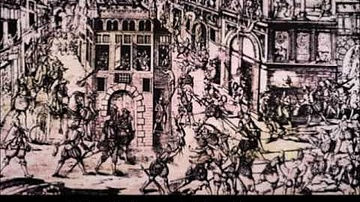
Video
In Our Time: S6/09 St Bartholomew's Day Massacre
Melvyn Bragg and guests discuss the infamous St Bartholomew’s Day Massacre. In Paris, in the high summer of 1572, a very unusual wedding was happening in the cathedral of Notre Dame. Henri, the young Huguenot King of Navarre, was marrying...